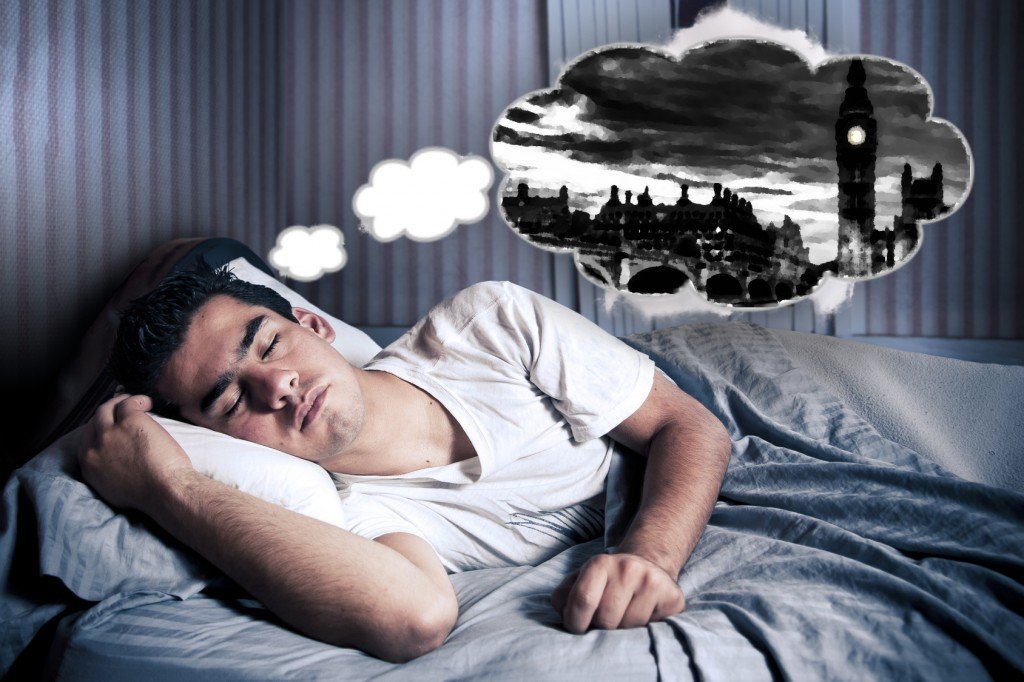Your Cart is Empty

Whether or not you remember them, everyone dreams. Studies show the average person dreams for a total of two hours per night but you typically can only recall a few minutes of them. Dreams can happen during any stage of your sleep cycle, although they’re most vivid during the Rapid Eye Movement (REM) phase. There’s no doubt that the type of dream can have you waking up either relaxed or anxious. So, the question remains: do dreams affect your overall sleep?
Why do we dream?
The reason for dreaming is unknown but scientists believe that dreams may occur to help you process your emotions. Though there’s no definitive proof, dreams are usually autobiographical thoughts based on your recent activities, conversations, or current issues in your life. For example, if you’re presently stressed or anxious, chances are you are more likely to experience a nightmare over a more calming dream state.
Do good dreams mean better sleep?
Since there are so many unknown factors when it comes to sleep and dreams, there is no definite answer whether dream and sleep quality go together. However, research does show that good sleepers often describe their dreams as being happy and pleasant, while insomnia sufferers report the opposite.
Do bad dreams mean less sleep?
When one has a nightmare, it’s not unlikely that they will be woken up and then have a difficult time falling back asleep. This can ultimately effect phases of your sleep cycle. Bad dreams can also have ramifications the next day as these scary images can negatively affect your mood and behavior.
Dreams and sleep structure
Dreams cannot change how much time you spend in each sleep cycle throughout the night; however, they can affect how long it takes you to fall asleep and the difficulty you face when it comes to switching between non-REM and REM stages. This, in turn, can leave you feeling less rested.
Can I control my dreams?
In reality, no you can’t exactly control what you dream about but you can work on improving your state of mind throughout the day. Your mood has a lot to do with your sleep and can certainly determine the types of dreams you may have on a nightly basis.
Let’s talk dreams!
Some dreams you remember, others you don’t. We would love to hear from our Warm Things community. Comment below if you are typically able to recall your dreams. What do you dream about? Have you noticed an effect on your sleep due to good and bad dreams?
Comments will be approved before showing up.